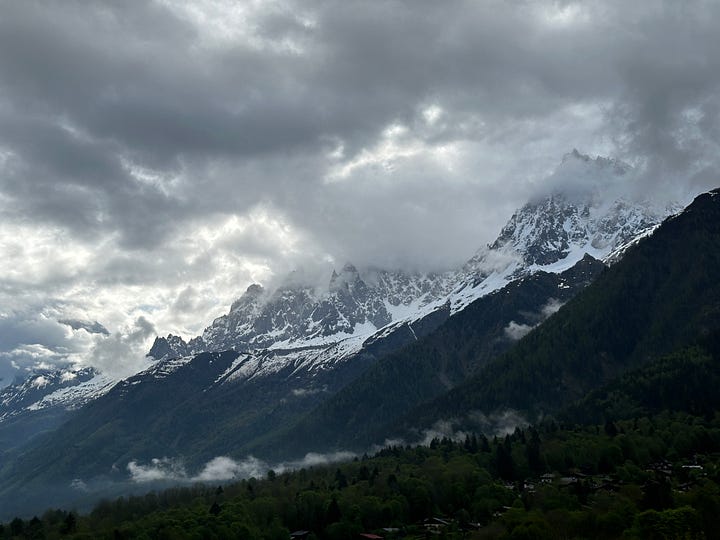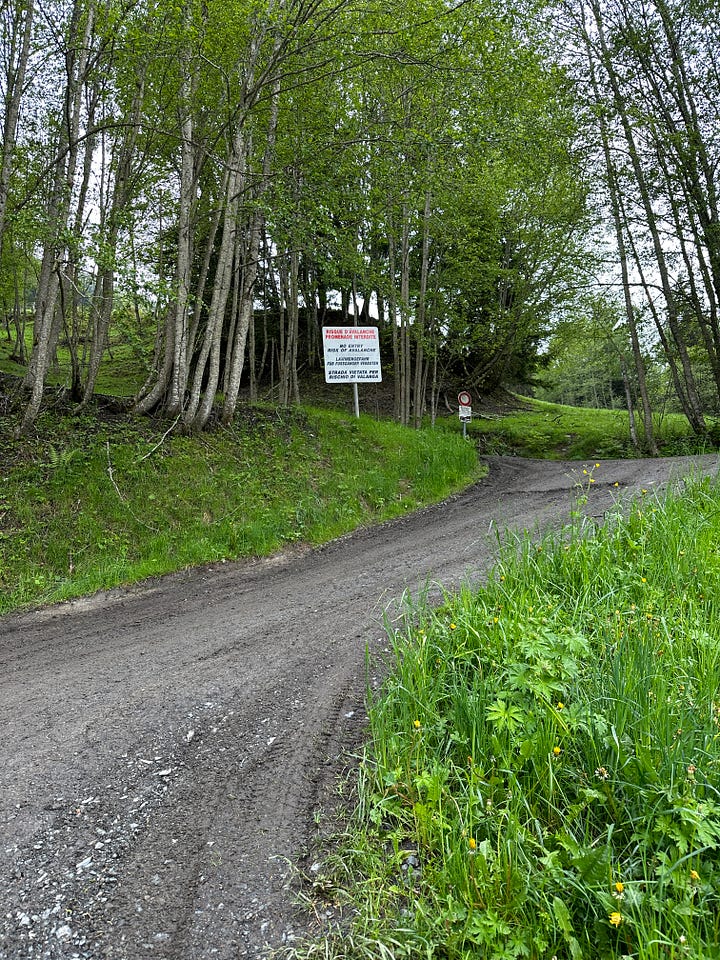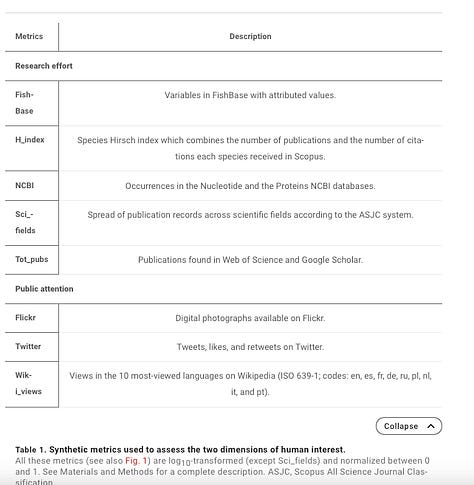I am here to tell you that yes, you can have everything — just not all at once.
Last spring I missed peak spring blooms in my yard. The daffodils waved brilliantly in the wind but the hydrangeas and peonies stubbornly awaited their photoperiodism. I may have had phenologies of my own.
My youngest son although graduated since the prior fall semester was walking in his out of town graduation ceremony. And I had two conference talks, one in the Netherlands and the other in Switzerland. It was my decision to use the time between keynotes to spend 9 days in Chamonix, France and run a few of the mountain trails accessible by either foot or short train rides to trail heads.


But now, today the azaleas are blooming and I can see the leaves and buds across the garden preparing for a big reveal.
This year I paused international travel. Too many unknowns and if you know me, it is likely I would need a burner phone to return to the country. All kidding aside, it feels like a time to be home.
My intellectual home base, the one that launched the latest iteration of a rewarding career is that of a bench scientist. As you might guess by my thesis, using the Geomorphic Trophic Hypothesis to evaluate Constraints of Landscape Pattern and Fish Mobility on Ecological Genetics of Lake Trout (Salvelinus namaycush) and Arctic Char (Salvelinus Alpinus) in Arctic Watersheds, fish are now sort of my thing. The data monger moniker used in my email address is a nod back to the fishmonger Polonius in Hamlet. Not because I am manipulative or exploitative but I still recall sitting in my high school Shakespeare class pondering the artful double meaning of the insult. If fish mongers in their modern day embodiment “purchase, handle, prepare, and display” you can see the connection.
My link back to my work as a geospatial scientist and storyteller is the research. I look everywhere for interesting statistical models and data questions and what the results reveal across industries. It generates new ideas and to be honest, gives me a place to start. I don’t know about you but my morning toast alone doesn’t inspire thoughts about using Boosted Regression Trees to measure attributes and variations.
Low human interest for the most at-risk reef fishes worldwide





That might be too much science before your coffee but there is an important message here that informs my work and the talks I give from the podium. We need to learn to mobilize online platforms away from harms to capture human interest and how to power attention for good.
Infuse the deliverables with human interest that might generate actionable insights. Not simply oohs and ahs from the conference audiences.
If we can evaluate public attention and research effort as levers that inform human interest regarding important issues of our time — like biodiversity — we should definitely stop and smell the fish…errr…I mean flowers.



